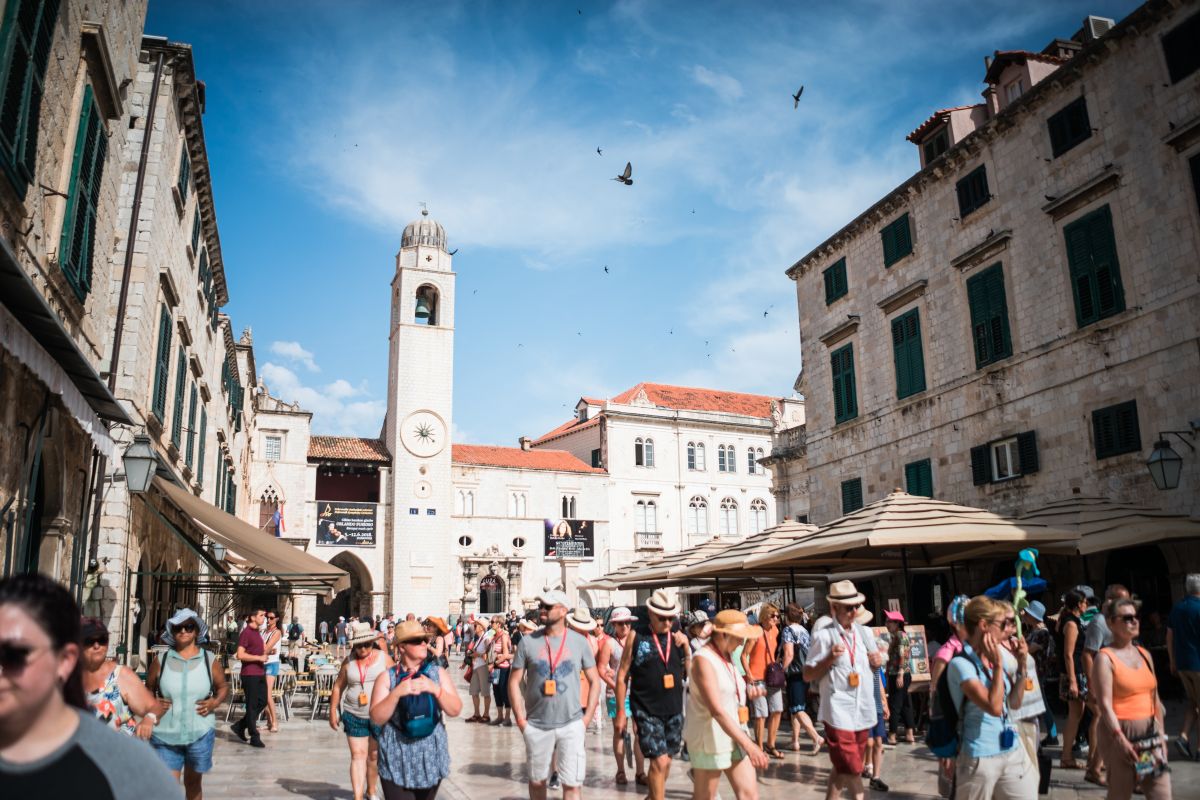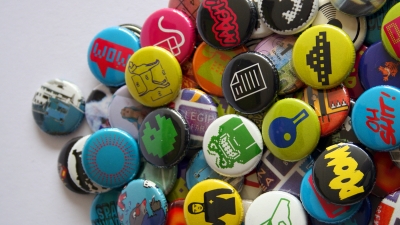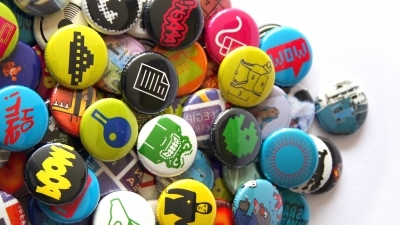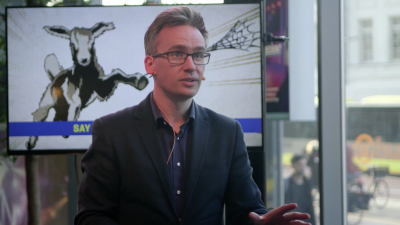You probably noticed: last weekend, the first episode of the final season of Game of Thrones was aired. The sensation surrounding the première illustrates what a monumental hit the HBO show has become, and this is beneficial to a big number of people. For instance, the recordings of the show in Northern Ireland – host to various GoT locations – alone created 6500 jobs and generated roughly 200 million euros for the country.
DUBROVNIK
But not everyone is happy with this 'Game of Thrones effect'. Take the Croatian seaport Dubrovnik, which many inhabitants say has become unliveable because of the massive tourist flow that GoT has started. Although these tourists of course generate an enormous revenue, their negative consequences may be just as extreme. According to an article in the Dutch newspaper De Volkskrant, the Medieval centre of the city (with less than a thousand residents) had no less than 1.27 million visitors in 2018, and a stroll through the 300 metres long main street takes about 40 minutes during the high season. The sewer system of the city has already ruptured twice due to the high number of toilets that were flushed at the same time. This turned an azure blue bay that also appears in the show faecal brown; not a nice event for inhabitants of the city.

ATTRACTION
By the way, Game of Thrones is not the first television phenomenon that causes problematic tourism. For instance, the Thai government decided last year to declare the beach from the movie The Beach (starring Leonardo DiCaprio) off limits to tourists four months per year. This is because the popularity of Maya Bay had a disastrous influence on nature in the area, such as the disappearance of entire coral reefs, among other things. Why do people feel drawn to places that are in fact fictional to this degree? Two years ago, media scientist Dr Abby Waysdorf (UU) gave a lecture (in English) on this exact question. She stated that the attraction of these locations lies first and foremost in the emotional connection people have with a movie/show and the characters in it. “The objects surrounding our fandom mean something to us because they are a part of our personalities, they say something about us.” This also explains the attraction of conventions such as Comic Con, where the great majority of the attendees are dressed like their favourite fictional characters. So people can briefly experience their favourite fantasy worlds ‘for real’, just like when they visit shooting locations such as Dubrovnik.
Even though it can be explained why people love to visit famous shooting locations, there is no solution to the problematic tourism observed in places like Dubrovnik. Anyway, the inhabitants of the city might be looking forward to a decline in tourist numbers now that the show is coming to an end.
Every week, a notable topical event is tied to a record from the archive of Studium Generale - Utrecht University's knowledge & reflection platform.
Can we ever go on holiday at all without having to feel guilty? On 20 May 2019, Studium Generale organises the Science Café 'Reizen' (Travelling), in which three experts come to talk about the downsides of tourism. Please click here for more information, or here for the event on Facebook.







